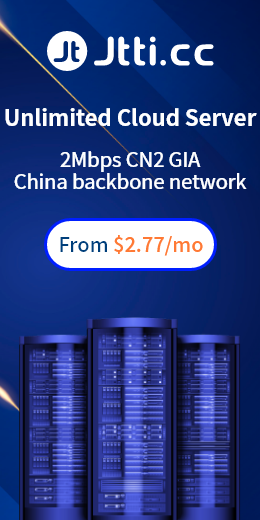Cloud hard drives offer more benefits than traditional hard drives (hard drives on physical servers) such as scalability, elasticity and flexibility, high availability, durability, disaster recovery and data backup, superior performance, reduced maintenance effort, cost effectiveness, security, and automation. In terms of cost, cloud hard drives are cheaper than traditional hard drives. The main reasons are as follows!
First of all, the cloud hard disk is paid on demand, and users only pay according to the actual use of storage space and traffic, without investing a lot of money to buy and maintain hardware equipment, avoiding hardware purchase fees, electricity costs, cooling system costs and related upgrades and maintenance costs.
The cloud server can also rationally utilize resources through virtual technology, which also improves the resource utilization rate of hardware and reduces the cost. With a large customer base, cloud servers can achieve economies of scale and further reduce costs. Cloud storage providers also typically offer data backup and multiple encryption technologies that cost extra to use in local storage.
Data stored in the cloud is also stored in multiple locations, avoiding the threat of physical destruction, theft, or data loss from natural disasters, which can impose additional costs. In long-term and large-scale use, cloud hard drives can often provide a more cost-effective solution.
There are so many advantages of cloud storage, how to adjust from the local site to cloud hard disk? The main steps are:
Confirm requirements and compatibility. To ensure that the application results really have this demand, the site to migrate to the cloud hard disk. Check whether the operating system and applications support cloud storage.
Select the right cloud server provider based on needs such as performance, cost, reliability, geographic location, etc. After successful purchase, create a new cloud hard drive in the cloud server provider's administration background. Select the appropriate performance and capacity configuration.
Before the migration, back up local data. You can use the snapshot function to create snapshots of the local site for quick restoration.
You can start data migration by using the data migration tool, network transmission, or physical media.
Configure cloud disks. Connect the cloud hard drive to the cloud server instance, format and mount the cloud hard drive just as you would with a traditional hard drive.
Testing cloud hard disks. Test before use in the production environment, the test shows that there is no problem and then switch the production environment to the cloud hard disk. Update the application configuration to point to the new cloud hard drive storage location.
Monitoring cloud disk performance. Dynamically adjust cloud drives based on monitoring to optimize performance and cost.
After successful migration and verification of the cloud hard disk, safely process or delete the old local site. If you encounter problems during the migration, you can directly contact the technical personnel of the cloud server for support.

 EN
EN
 CN
CN









